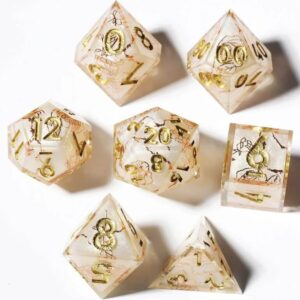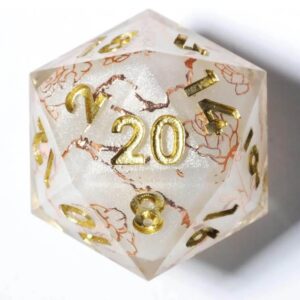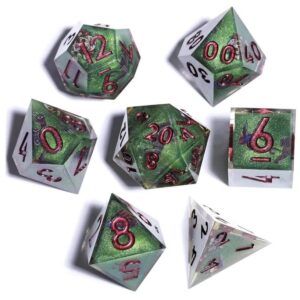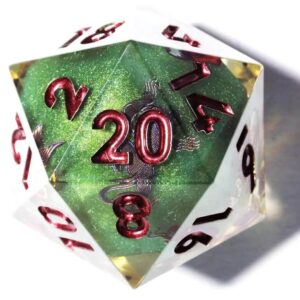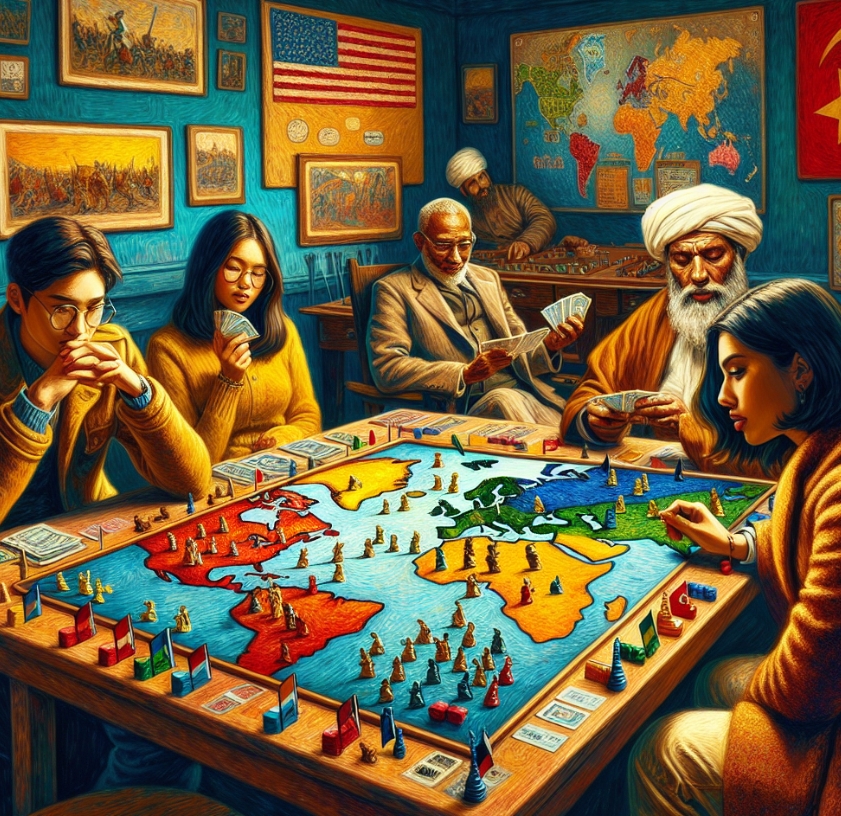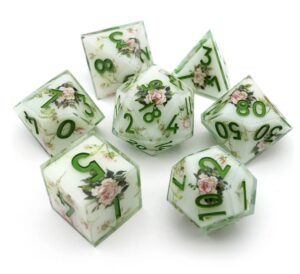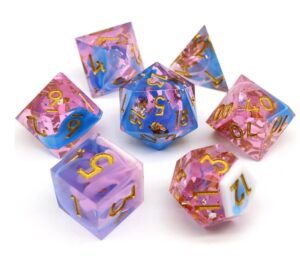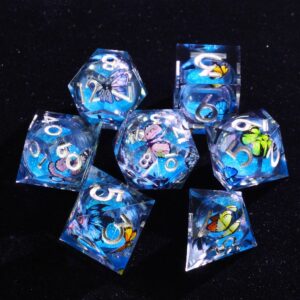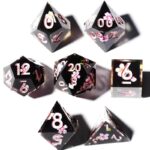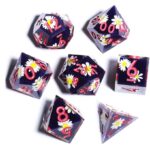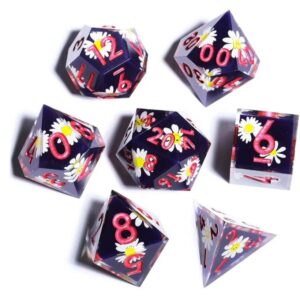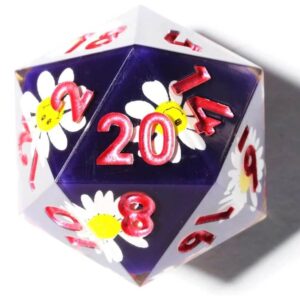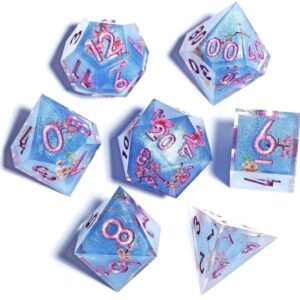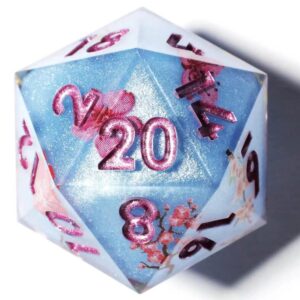When you think about playing dice board game, the first image that comes to mind is probably a well-worn chessboard sprinkled with a few very popular dice, and perhaps the laughter and shouting as friends or family shout at each other for their next strategic move. But dive a little deeper and you’ll find that these games are more than just dice rolls and chance. They encapsulate a blend of luck, strategy, and social interaction that dates back thousands of years.
Dice board games use dice in a core way as the primary element for generating random outcomes. Whether you roll a die or a handful, the sound of these cubes bouncing off the table is like the heartbeat of the game. Each roll can determine everything from the entire campaign to the fate of the characters in the game. There’s a unique psychology here – those moments of uncertainty where you can hold your breath for the outcome of the roll, creating a tension and excitement that’s hard to replicate.
The Appeal of Board Games
What makes playing dice board game particularly appealing is their incredible variety. From classic games like Monopoly and Ludo, where moves are determined along simple paths, to more complex titles like Yahtzee and Catan, where board game dice can influence resource allocation and strategic planning, there’s a flavor for everyone. Some of these games lean in on strategy and resource management, while others are pure chance, reminding us that sometimes luck is the undisputed ruler of the day.
However, dice board games are more than just mechanics. They are social phenomena. They bring people together, prompting interactions that can lead to anything from friendly competition to deep, lasting friendships. Whether it’s a quiet evening with family and friends or a raucous game night with friends, these games are often the glue that holds a party together. You may find yourself sharing a terrible dice roll or laughing over a series of unfortunate chances – these moments are what turn a simple game into a cherished memory.
What are Board Games?
1. DICE board games combine luck, strategy, and social interaction, with a history that spans thousands of years.
2. At their core, these games use dice to produce random outcomes, making each roll exciting.
3. They range from simple games like Monopoly and Ludo to more complex games like Yahtzee and Catan.
4. Gameplay often involves a mix of strategy and chance, highlighting the role of luck.
5. These games foster social interactions that range from friendly competition to lasting friendships.
6. Playing dice board games offers a tactile experience that stands out in an increasingly digital world.
7. Gathering around a board for game night can create cherished memories filled with laughter and camaraderie.



